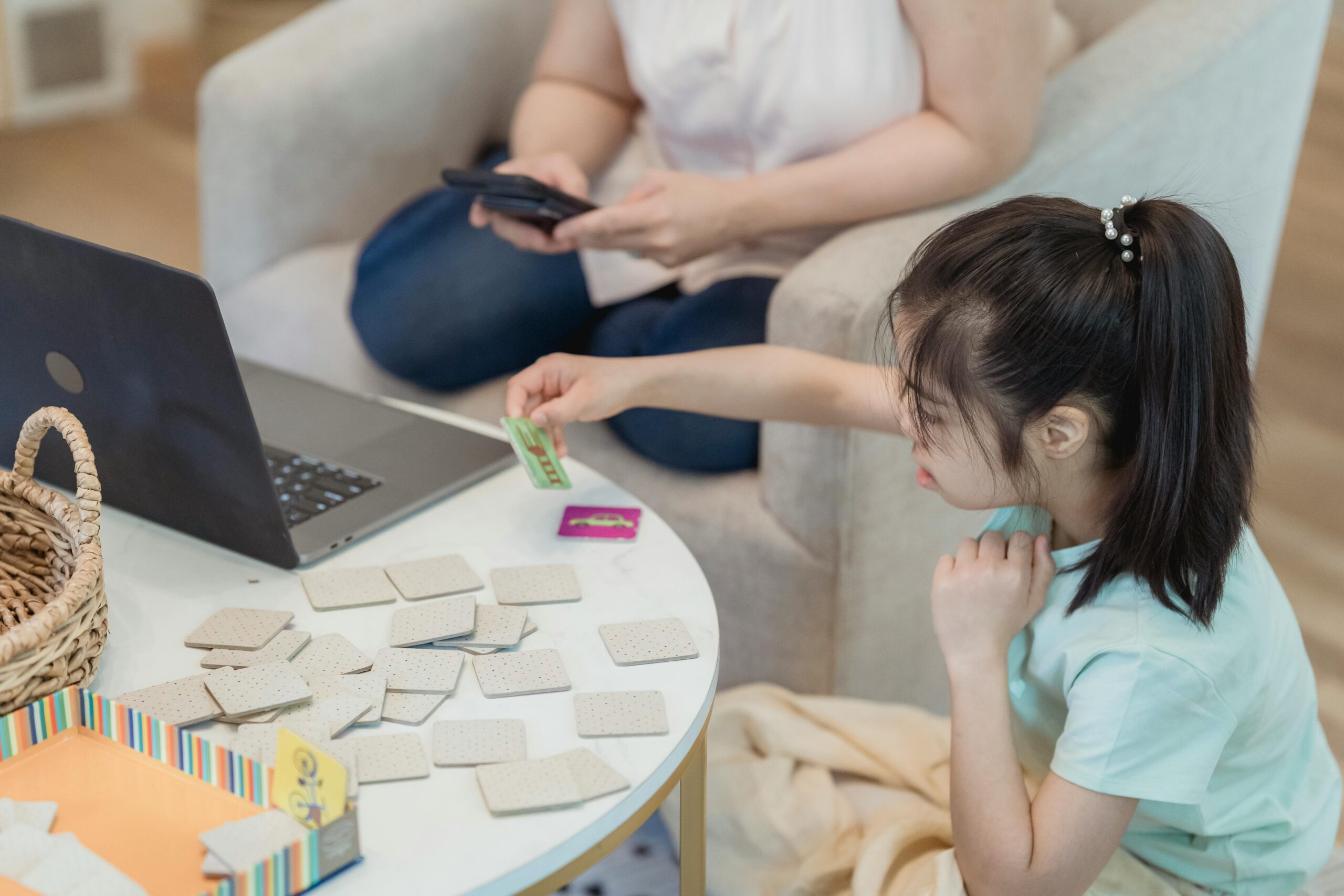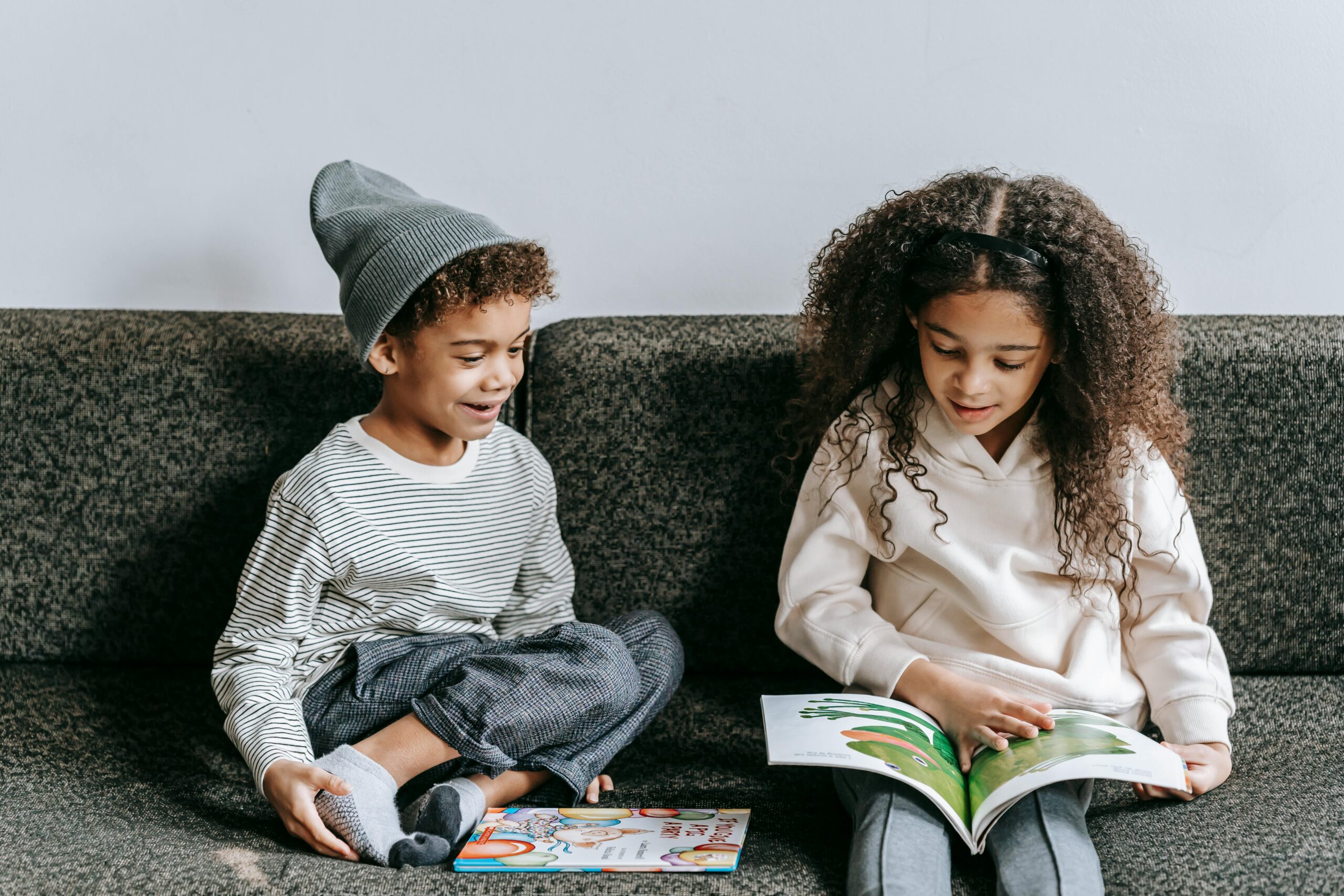🌿 Because real learning begins with laughter and play!
Looking for fun and easy brain boosting games for kids at home?
These 15 creative ideas will help build memory, focus, and logic — no screens, just family fun!
“According to Harvard University’s research, playful learning improves focus and emotional development in early years.”
Here are tried-and-tested Top 15 Brain Boosting Games for Kids at Home that turn everyday family time into learning magic.
All these are perfect for ages 3–10 years, and yes — they secretly build memory, focus, logic, creativity, and emotional intelligence.
🧩 1. Memory Tray Game
Setup: Collect 8–10 small objects (spoon, toy car, pen, coin).
How to Play: Let your child observe the tray for 30 seconds. Cover it and ask them to recall all objects.
Creative Twist: Use themed trays — only toys, only kitchen items, only nature finds.
Skill: Memory recall, observation, focus.
🎨 2. Color Hunt
Setup: Choose one color — say red.
Play: “Find 3 red things in this room!”
Twist: Go outdoors — “Find 3 green things in the garden.”
Skill: Visual scanning, categorization, active movement.
👀 3. Change Something
Setup: Observe each other for 10 seconds.
Play: Parent changes one thing (watch, hair, shoe). Kid guesses what changed.
Twist: Rearrange room items or use costumes!
Skill: Observation, attention to detail, focus.
📸 4. Flash Peek
Setup: Show a family photo for 5 seconds.
Play: Ask “What color was Papa’s shirt?” or “How many people were there?”
Twist: Use funny photos to spark laughter.
Skill: Visual memory, storytelling, attention.
🌗 5. Shadow Match
Setup: Use a torch to make shadows of toys or print shadow cutouts.
Play: Guess which toy matches the shadow.
Twist: Try hand shadows — rabbit, bird, dog!
Skill: Spatial awareness, imagination, visual processing.
🔠 6. Guess the Word (Clues Game)
Setup: Write objects on chits — apple, tiger, ball.
Play: Give clues (“It’s red, juicy, and grows on trees.” → Apple!).
Twist: Play charades or reverse roles.
Skill: Vocabulary, logic, listening.
💡 7. 20 Questions
Setup: Parent thinks of an object. Kid asks only yes/no questions.
Play: “Is it alive?” “Is it in this room?”
Skill: Logical deduction, curiosity, reasoning.
🚂 8. Word Building Train
Setup: Say one word, next must start with its last letter.
Play: Ball → Lion → Nest → Tree.
Twist: Category-based trains (animals, foods).
Skill: Vocabulary, quick recall, language fluency.
🗣️ 9. Alphabet Story
Setup: Tell a story where each sentence begins with the next alphabet.
Play: “A dog ran away.” “But it was raining!”
Skill: Storytelling, sequencing, imagination.
😂 10. Opposite Day
Setup: Parent says something; child must say the opposite.
Play: “This apple is sour!” → “No, it’s sweet!”
Skill: Understanding antonyms, quick thinking, humor.
🧵 11. Story Chain
Setup: One starts a story; the other continues.
Play: Use a toy as a “story baton.”
Skill: Narrative flow, imagination, teamwork.
🤔 12. What If…
Setup: Ask crazy hypothetical questions.
Play: “What if dogs could talk?” → “They’d order pizza every day!”
Skill: Imagination, reasoning, creative thinking.
🦸♂️ 13. Invent a Superhero
Setup: Draw and name your own superhero.
Play: Describe powers, costume, weakness.
Skill: Creativity, problem solving, confidence.
🔁 14. Backward Storytelling
Setup: Tell a story starting from the end.
Play: “The treasure was found!” → “But before that, pirates chased us!”
Skill: Sequencing, logic, humor.
🎭 15. Two Truths & One Fake
Setup: Say 3 statements — 2 true, 1 fake.
Play: Guess which one’s fake!
Skill: Honesty, reasoning, humor.
🌼 Why These Brain Boosting Games Matter
These games look simple — but they develop focus, memory, logic, emotional intelligence, and confidence.
They turn your home into the best classroom — where curiosity leads the way.
💚 Play is not a break from learning.
Play is learning.
💬 Share Your Experience!
Which game did your child love the most?
Comment below 👇 — we’d love to feature your favorite brain game in our next post!
If you love creative learning, explore our Homeschool Roadmap (1–3 Years)



